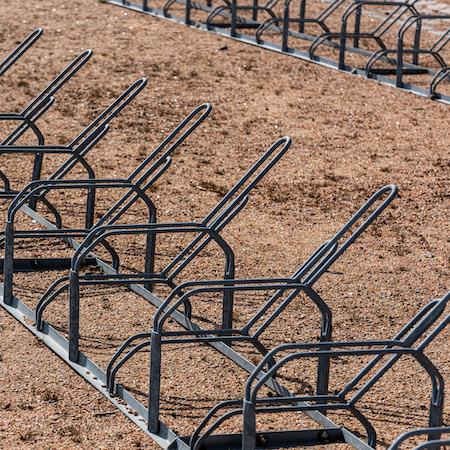The Public Accounts Committee (PAC) has no confidence that Government will deliver the new hospitals it promised. In a highly critical report published this month (November 17), the PAC voices extreme concern at the New Hospital Programme’s (NHP) lack of progress, given the prominence and importance of the 2020 commitment to build 40 new hospitals by 2030.
Very little has happened from the perspective of patients since the Government’s original commitment. The report warns that it is highly unlikely even to construct the 32 new hospitals that it is now aiming to complete by 2030, after the commitment to build all 40 by then was abandoned in May. The PAC is calling for the Department for Health and Social Care (DHSC) to urgently examine how the NHP can be made to deliver some tangible results for patients.
The report also makes a number of recommendations to support swifter action to tackle reinforced autoclaved aerated concrete (RAAC) in hospital buildings. By early 2023, DHSC had identified 41 NHS buildings with RAAC. If rebuilding of the seven hospitals constructed entirely of RAAC is not sped up, some may have to close before replacements are ready.
The NHS had a record maintenance backlog of £10.2bn in 2021-22, and the report finds that the underlying cause of this crisis is the raiding of capital budgets for day-to-day spending. The Government has failed to consider the long-term consequences for services and patient care of diverting billions of pounds in this way. Under-investment in the NHS estate has now resulted in a situation that requires urgent action, and DHSC should not reduce planned capital investment to meet day-to-day needs in future.
Furthermore, there is a risk that future hospitals are being designed to be too small. Current plans assume increasing demand for care from a growing and ageing population can be tackled by high levels of bed occupancy (95%), large reductions in patients’ average length of hospital stay, and a significant, recurring 1.8% per annum transfer of patient care out of hospitals into the community. These assumptions are unrealistic, given the high levels of bed occupancy, relatively short average lengths of stay and great strain on primary and social care. Making these assumptions more realistic is likely to increase the cost of new hospitals and require a further reset of the NHP. But the report finds that there currently appears to be insufficient funding for DHSC to build all the hospitals it plans, to an adequate size, by 2030.
“Bitterly disappointing”
Dame Meg Hillier MP, Chair of the Committee, says: “The physical edifice that is the NHS is quite literally crumbling before our eyes. There was nothing inevitable about this heart-breaking crisis. It can be laid squarely at the door of the decision to raid budgets reserved for maintenance and investment in favour of day-to-day spending. The sharp distinction between capital and revenue budgets exists for a reason. We are now seeing the consequences of this short-termism visited on patients and services.
“In such circumstances, then, it is bitterly disappointing to report on the current state of the NHP. Quite aside from the fact that the planned new hospitals risk being too small for future purposes, funding does not even appear to be in place to construct them in time, all underpinned by failures of basic record-keeping and fresh and urgent concerns over RAAC. Though we have no confidence that the NHP will deliver on its current promises, we hope that the recommendations in our report help to get it back on track - for the sake of all citizens who desperately need the NHS to get well soon.”












